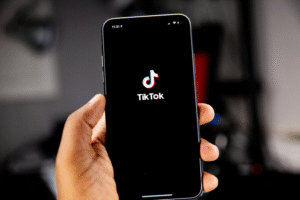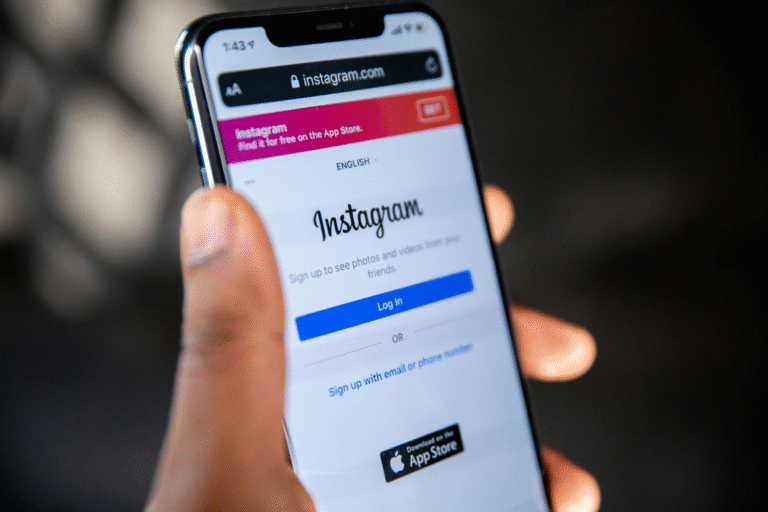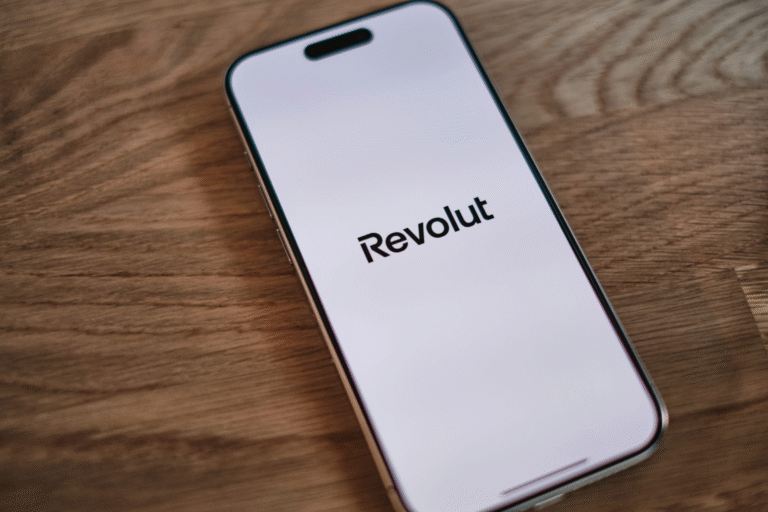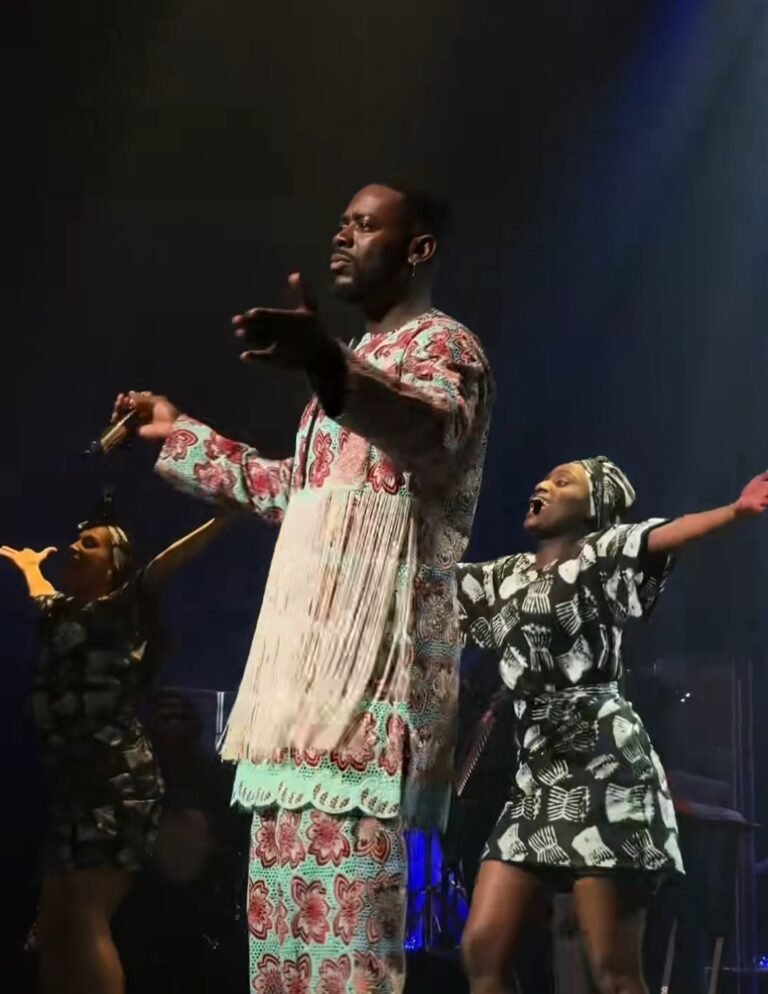Lupita Nyong’o has never been a performer who settles for the easy path. Even after her breakthrough performance in 12 Years a Slave earned her an Academy Award, the roles arriving at her doorstep did not match the magnitude of her talent. Instead of a world opening up for her, she found herself confronted with the same narrow, limiting portrayals that had shaped Hollywood’s view of African actors for decades. Her recent reflections on this experience reveal a deeper truth about representation, opportunity, and the personal resilience required to stand against a system that often prefers stereotypes over authenticity.
Nyong’o has openly shared that her Oscar win in 2014 created expectations—not just for the public, but for herself. Like many artists, she hoped that recognition at the highest level would pave the way for roles that allowed her to explore new emotional landscapes. And while she did receive a handful of challenging parts, she noticed a troubling pattern in the scripts she was being offered. As she explained in her conversation with musician Angélique Kidjo on CNN’s Inside Africa, “It really did set the paces for everything I’ve done since. But you know what’s interesting is that, after I won that Academy Award, you’d think, ‘Oh, I’m gonna get lead roles here and there.’ Instead, it was, ‘Oh, Lupita, we’d like you to play another movie where you’re a slave, but this time you’re on a slave ship.’” Her words capture a quiet frustration that many actors of color have felt but seldom voice. Nyong’o’s performance as Patsey in 12 Years a Slave was a masterpiece—raw, delicate, devastating.
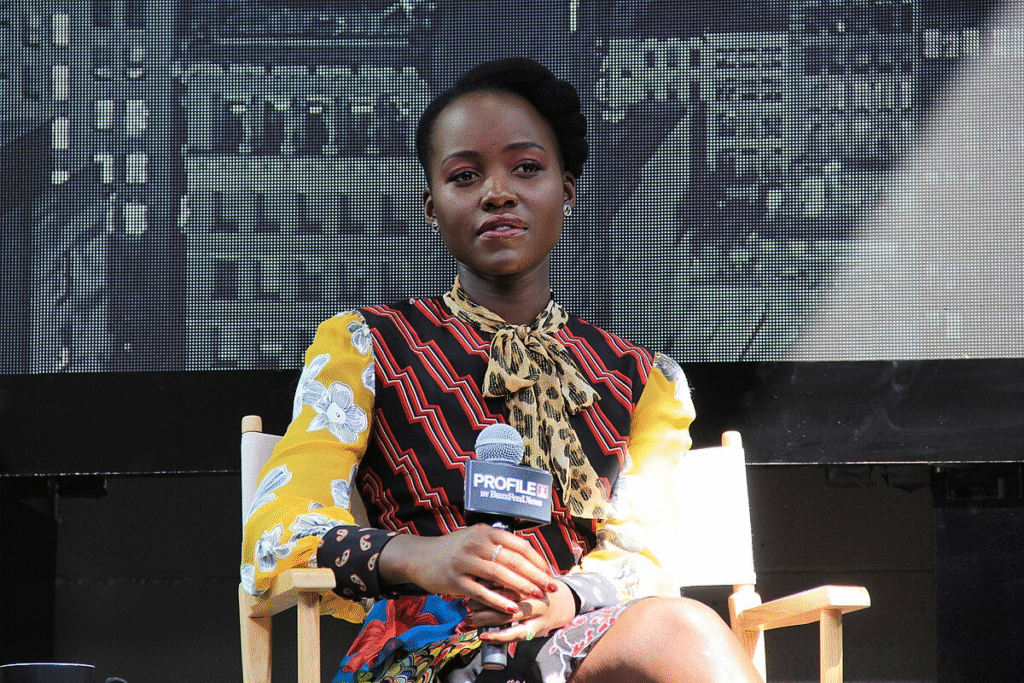
But Hollywood’s inability to see beyond a single narrative is what troubled her. Month after month, she received offers that reflected not her range, but the industry’s narrow imagination of who a dark-skinned African woman could be on screen. According to her, these were the “kind of offers” that dominated her professional life immediately after her win. The implication was not subtle: one powerful portrayal had created a box around her, and she was expected to stay inside it. What made the situation more painful was the chorus of outside opinions. Nyong’o recalled reading speculative essays questioning whether her career had peaked before it had truly begun. Some even framed her Oscar as both her arrival and her exit. For an actor still discovering her own voice, such commentary could easily become suffocating. She admitted needing to tune out these projections on her life and career. As she stated, “I had to deafen myself to all those pontificators because, at the end of the day, I’m not a theory; I’m an actual person.”
This distinction matters deeply. While the world debated her longevity, she was fighting to assert her humanity beyond the roles others expected of her. Nyong’o’s identity has always carried a blend of worlds. Born to Kenyan parents and raised partly in Mexico, she grew up with a multicultural understanding of belonging. That background shaped the way she interprets stories and, more importantly, the way she wants to be represented. She spoke passionately about her commitment to challenging outdated portrayals of Africans in global storytelling. “I like to be a joyful warrior for changing the paradigms of what it means to be African,” she said. The phrase “joyful warrior” reflects a mindset not built on bitterness, but on purpose. She understands the weight her choices carry, not only for herself but for younger actors who may follow her path. There is a quiet strength in her willingness to walk away from roles that do not align with her values. Nyong’o explained that she is prepared to work less if that is what it takes to avoid feeding narratives that harm or oversimplify African identity.
She made it clear that authenticity matters more to her than volume. As she put it, “And if that means that I work one job less a year to ensure that I’m not perpetuating the stereotypes that are expected of people from my continent, then let me do that.” This statement reveals both conviction and sacrifice. Turning down roles is not easy, especially in an industry where visibility often determines longevity. Yet Nyong’o chooses principles over convenience, refusing to let a global industry reduce her identity to a single historical wound. Her stance reflects a larger conversation happening across cinema, where actors from underrepresented communities increasingly demand roles that show the full spectrum of their humanity. Nyong’o’s personal journey mirrors their struggle. She wants African characters who can be leaders, dreamers, rebels, scientists, explorers, and everything in between.
She refuses the idea that the African story begins and ends with pain. That insistence comes from lived experience. Growing up, she encountered diverse and vibrant African communities. Hollywood’s limited portrayals never aligned with what she knew to be true, and part of her mission now is to correct that imbalance. Nyong’o’s career choices demonstrate this commitment. After 12 Years a Slave, she explored genres beyond historical drama: science fiction, horror, fantasy, and animation. She embraced characters that allowed her to experiment with voice, emotion, and physicality. Projects like The Wild Robot and A Quiet Place: Day One showcase her ability to bring depth to roles that do not rely on trauma as their defining feature. Her presence within these stories expands audience expectations, slowly reshaping what mainstream entertainment imagines for African actors.
What emerges from Nyong’o’s reflections is not simply frustration, but a thoughtful examination of how stereotypes can limit even the most celebrated talents. Her experience serves as a reminder that awards alone cannot dismantle long-standing perceptions. Change requires conscious effort—both from individuals and from the industries that shape global culture. Nyong’o continues to contribute to that shift through the choices she makes, the roles she accepts, and the conversations she is willing to have openly. Her journey also speaks to a broader truth that many artists face. Recognition does not guarantee freedom. Sometimes it brings new expectations, new pressures, and new obstacles.
What defines a lasting career is not the applause of one moment but the courage to make choices that align with personal values over time. Nyong’o’s determination to protect her identity, her heritage, and her integrity reflects that kind of strength. The dialogue she has sparked raises important questions for the future. How can global cinema broaden its understanding of African identity? How many groundbreaking performers are still being filtered through outdated ideas? And how long will it take for the industry to recognize that talent cannot flourish inside a stereotype?




